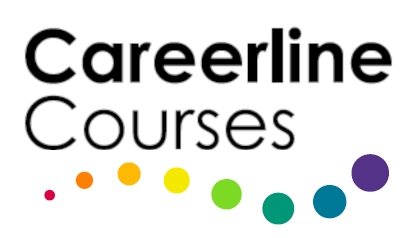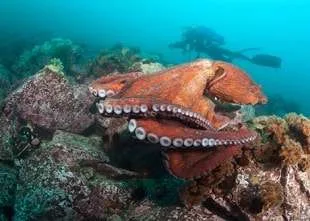This course follows on from Marine studies A, and is an excellent opportunity to expand your knowledge of a broad variety of marine organisms. You will learn about the many types of marine organisms, focusing mostly on Protists, Sponges, Marine plants, Cnidarians, Worms, Arthropods, Molluscs, Echinoderms, Non Bony Fish, Bony Fish and selected Marine Mammals. Additional study paths would include conservation and environmental management, wildlife conservation, zoo keeping and tourism related courses such as adventure tourism, tourism A and B, eco tour management and eco tour guiding.
Suitable for: Divers, fishermen and those involved in Marine Tourism will find this course specifically useful and it is suitable for anyone with a love of the ocean and marine environments.
Course Aims:
- Describe the variety and nature of microscopic animals which occur in marine environments.
- Describe the variety and nature of a range of different types of marine plants.
- Describe the variety and nature of a range of different types of cnidarians and marine worms.
- Describe the variety and nature of arthropods in marine environments.
- Describe the variety and nature of Molluscs in marine environments.
- Differentiate between different classes of Echinoderms and selected families within those classes.
- Describe the shared characteristics and distinguishing features of a selection of different species of non-bony fish.
- Describe characteristics of bony fish, including anatomy, physiology and behaviour.
- Differentiate between different families of bony fish.
- Describe the taxonomic characteristics of groups of marine animals including reptiles, birds and mammals.
There are 10 lessons in this course:
1. Introduction and Simple Organisms (Protists, Sponges etc)
2. Marine Plants
3. Cnidarians and Worms
4, Arthropods
5. Molluscs
6. Echinoderms
7. Non Bony Fishes
8. Bony Fishes I
9. Bony Fishes II
10. Marine Mammals
When you have completed the lessons of your Certificate course, you will be given the option of taking the optional exam. It’s okay if you don’t want the exam, we still issue your Careerline Certificate. For Advanced Certificates however, the exam is compulsory (per module) and are included in the course fee.

